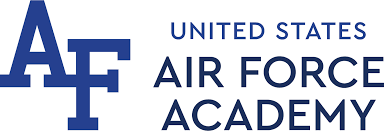Examining the Impact of Leadership Coaching Designed for Public Educators: Does the Investment Enhance Teacher Engagement Levels and Their Ability to Lead Their Students?
DOI:
https://doi.org/10.58315/jcld.v10.262Abstract
As the leader of a school district, I wanted to study and focus on the impact that leadership coaching could have on educators. To focus on developing the leadership capacity of our teachers, not on enhancing their already strong knowledge of subject related content. I truly believed we could help teachers by offering coaching focused on developing their unique leadership skills and their understanding of leadership theory. The author Ryan Holiday’s quote stood out to me, “Perfecting the personal regularly leads to success as a professional, but rarely the other way around” (2017). Unbeknownst to me, I would be conducting my research during one of the most tumultuous times in the history of leadership and education. The COVID-19 pandemic was lurking right around the corner and would attack the morale of every profession. Exacting a heavy toll on educators’ mental health and their engagement levels.
Downloads
References
Bass, B. M. & Avolio, B. J. (1994). Improving organizational effectiveness through transformational leadership. Sage.
Bass, B. M., & Riggio, R. E. (2006). Transformational Leadership (2nd ed.). Psychology Press.
Carse, J. P. (1986). Finite and infinite games. Simon and Schuster.
Coyle, D. (2018). The culture code: The secrets of highly successful groups. Bantam Books.
Gervais, M. (2023, February 13). https://findingmastery.net/ama-4/. Finding Mastery. https://findingmastery.net
Holiday, R. [@RyanHoliday]. Tweets [Twitter Profile]. https://twitter.com/ryanholiday/status/852982368856145920?s=42&t=XMyYFSz5XnWI3PNZAilXQw
Sinek, S. (2019). The infinite game. Penguin.
Published
How to Cite
License
Copyright (c) 2023 Zachary Edmund Shutler

This work is licensed under a Creative Commons Attribution 4.0 International License.
Authors contributing to Journal of Character & Leadership Development agree to publish their articles under the terms of the Creative Commons CC-BY 4.0 License. Authors retain copyright of their work, with first publication rights granted to the JCLD.



